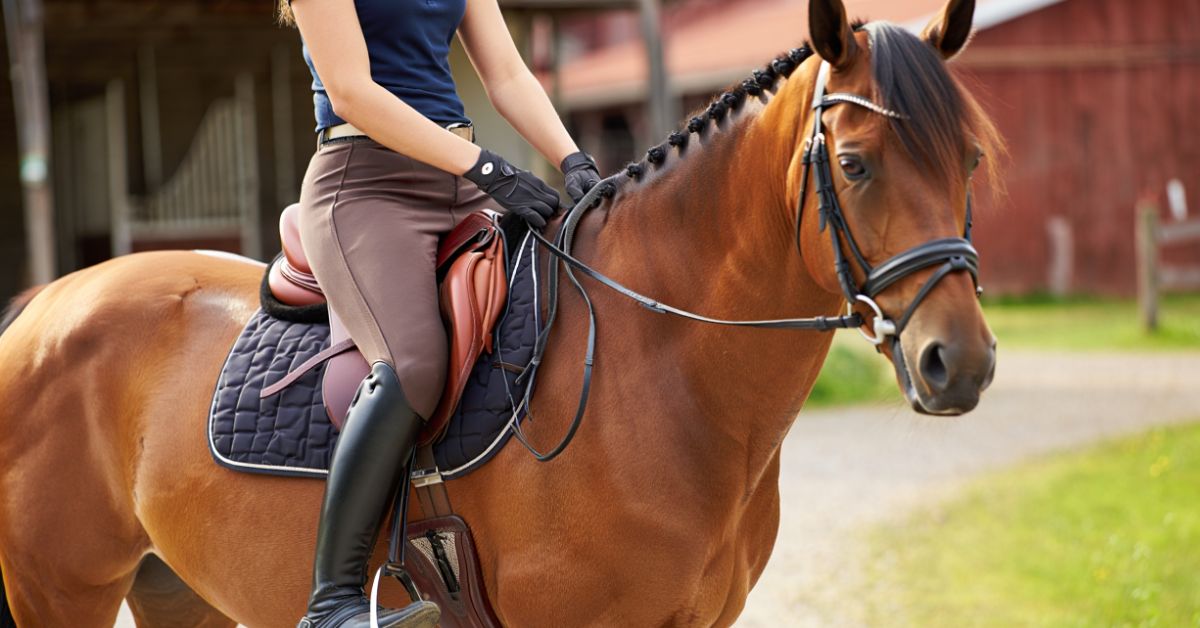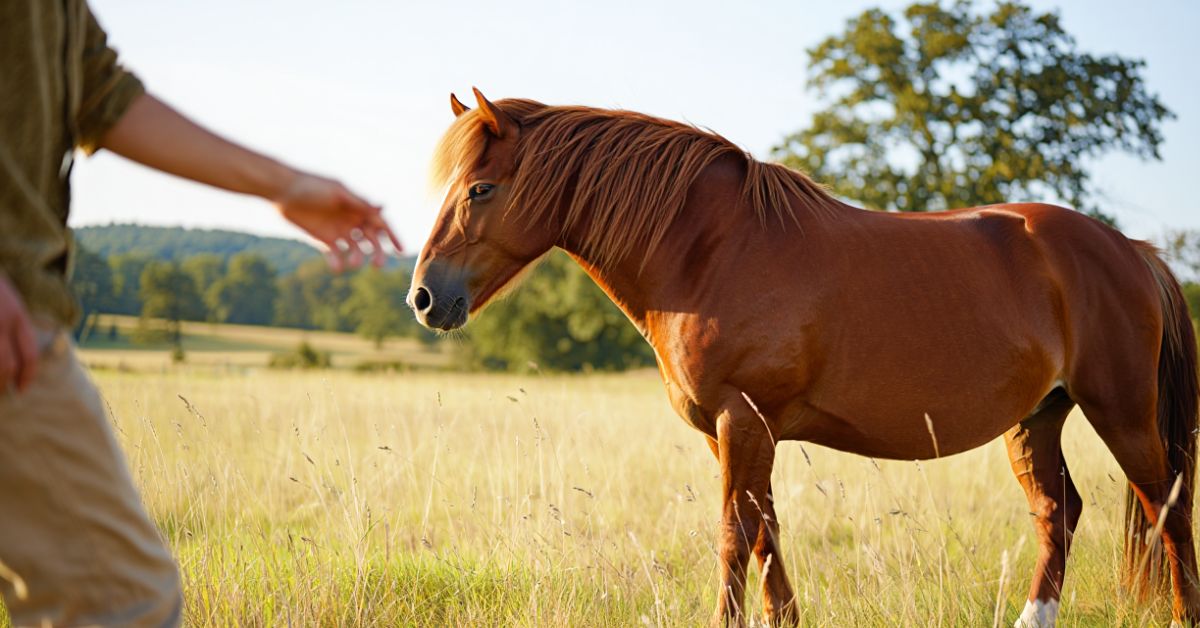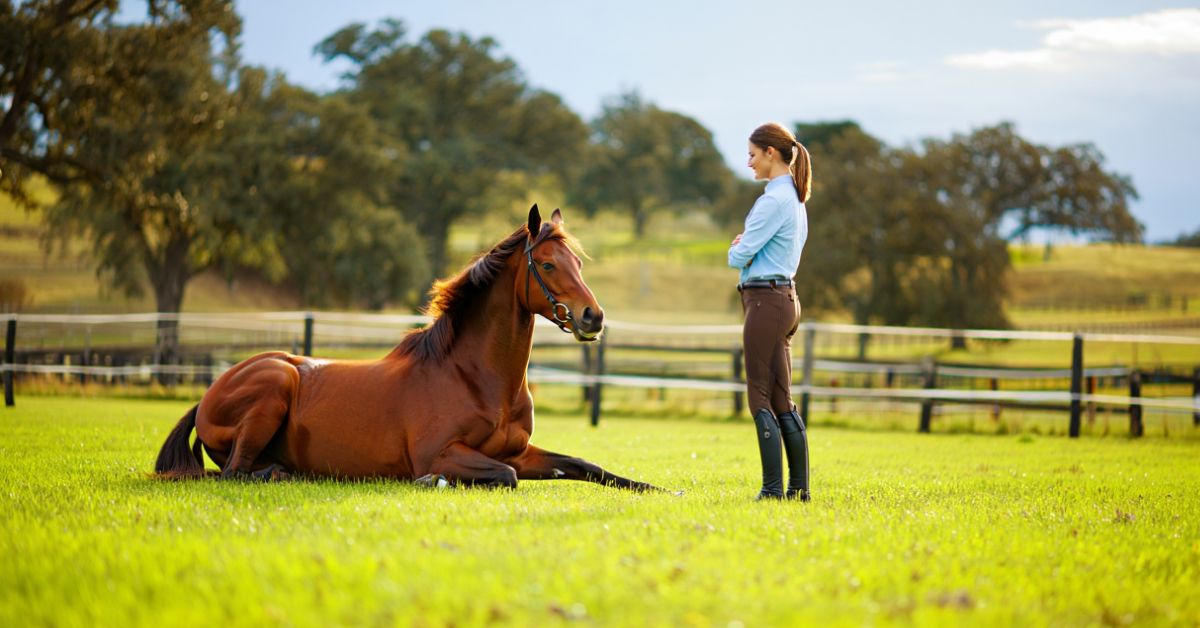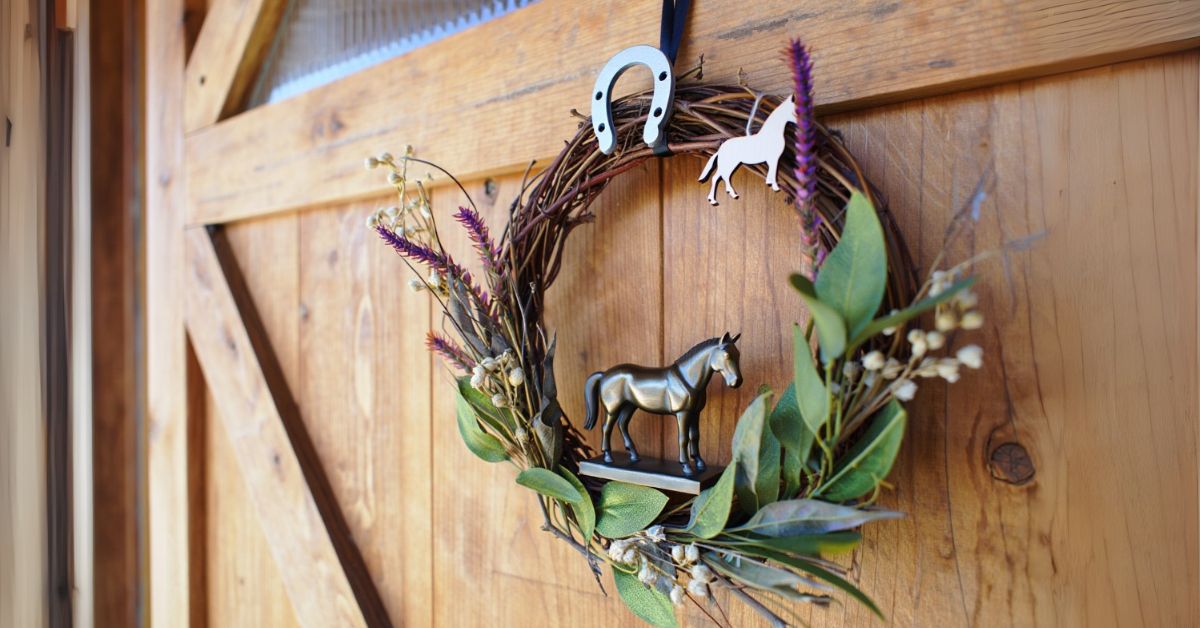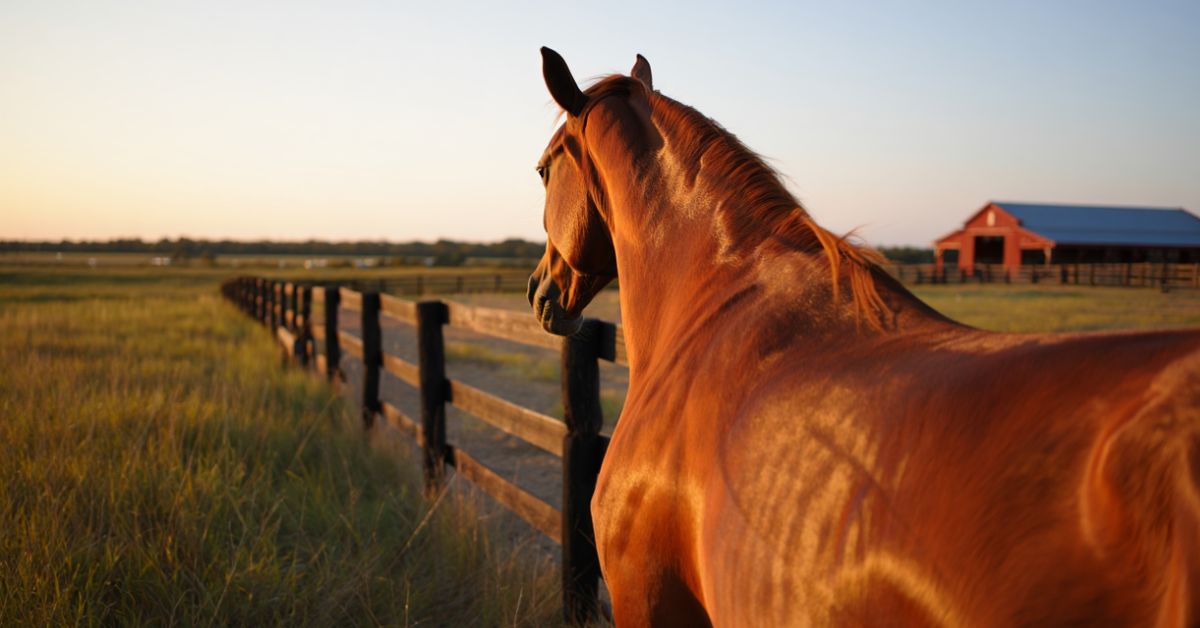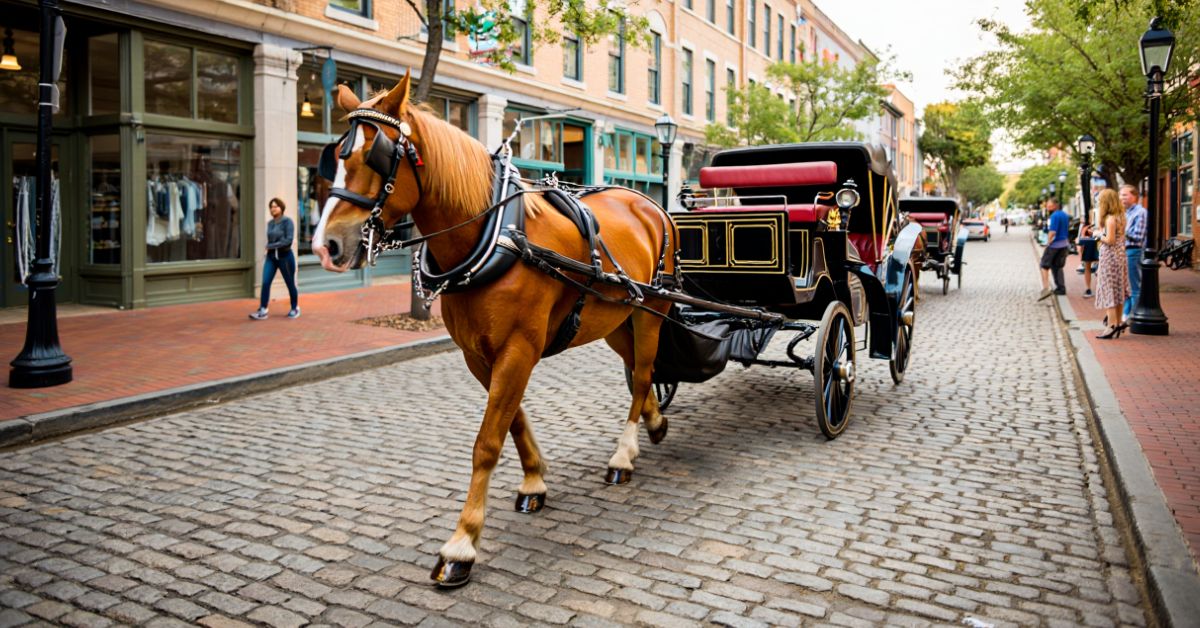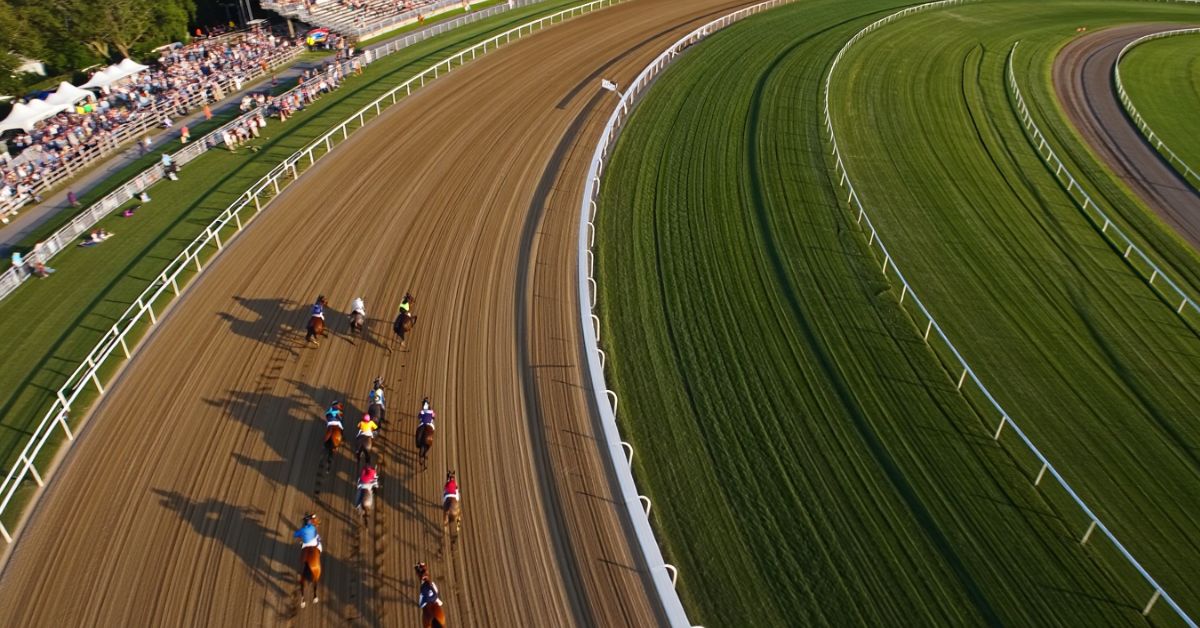
Can horses eat cabbage?
Horses are often associated with diets rich in grass, hay, and grains, but many horse owners like to experiment by introducing fruits and vegetables into their horse’s diet. Among these, cabbage frequently raises concerns due to its cruciferous nature. So, can horses eat cabbage?
The short answer is: Yes, but with caution. While cabbage is a nutritious vegetable that is safe for human consumption and even some pets, it can cause gastrointestinal problems in horses if consumed in large quantities. Horses have sensitive digestive systems, and cabbage, being part of the Brassicaceae family, is known for producing gas. Excessive amounts of cabbage can lead to colic—a potentially life-threatening condition for horses. However, in small amounts, cabbage may provide some vitamins, minerals, and antioxidants that could be beneficial.
In this article, we’ll explore the details of whether cabbage and other leafy vegetables like broccoli, kale, and spinach should be included in your horse’s diet. We’ll look into the potential health benefits and the risks associated with cruciferous vegetables and how to balance these in your horse’s meal plan.
The Nutritional Value of Cabbage for Horses
Cabbage is packed with essential nutrients that are beneficial to many species, including humans. It is loaded with vitamin C, vitamin K, and fiber, while being low in calories and high in antioxidants. This leafy vegetable contains glucosinolates, sulfur-containing compounds that are thought to help in cancer prevention. Additionally, the potassium in cabbage can support healthy blood pressure levels, and its fiber promotes digestive health.
But can horses gain these health benefits from cabbage? The answer is yes, but with a big “if.” Horses do not have the same digestive system as humans or other animals that commonly eat vegetables. For horses, digesting large amounts of cabbage can be a challenge. The vegetable belongs to the Brassica family, which includes broccoli, kale, and cauliflower, all known for their high gas production when broken down in the digestive system. In horses, this gas build-up can lead to discomfort, colic, or even worse complications.
How Much Cabbage Is Safe for Horses?
It’s essential to offer cabbage in moderation. A small portion of sliced or chopped cabbage, perhaps a handful mixed with other vegetables like carrots, turnips, or beets, may provide some nutritional value without causing digestive upset. But it is critical to avoid feeding your horse large amounts or making it a regular part of their diet. Introducing leafy vegetables like cabbage should be done sparingly to avoid any adverse effects.
- Chopped cabbage can add variety to your horse’s diet, but limit it to a few tablespoons a day.
- Combine it with other safe veggies like carrots or celery.
- Never substitute cabbage or other cruciferous vegetables for the bulk of your horse’s regular feed.
The ideal approach is to mix small amounts of cabbage with hay or other natural forage, as horses thrive best on high-fiber diets from grasses and grains.

The Potential Risks of Feeding Cabbage to Horses
While there are some nutrients in cabbage that could be beneficial, the risks generally outweigh the rewards. Cruciferous vegetables like cabbage, broccoli, and brussels sprouts can lead to serious digestive issues in horses, even in relatively small amounts. These vegetables contain high levels of glucosinolates, which can cause gas when broken down in the horse’s gut. Unlike cows, horses cannot “burp” or release gas easily from their digestive systems, making them more prone to gas-related colic.
Symptoms of Gas-Related Colic in Horses
- Abdominal pain
- Restlessness or rolling
- Sweating
- Lack of appetite
- Looking at their flank
If your horse shows any of these symptoms after consuming cabbage or any other cruciferous vegetables, it is essential to contact a veterinarian immediately. While cabbage may seem harmless, horses are far more sensitive to its effects than other animals.
For those looking to make a statement in their home or workspace, our Horse canvas wall art, Horse posters, and Horse statues are the perfect choices. These pieces not only capture the elegance and majesty of horses but also add a sophisticated touch to any space. A stunning horse canvas wall art can transform a living room, while detailed horse posters offer a more modern and flexible décor option. If you prefer something three-dimensional, a beautifully sculpted horse statue brings depth and character, serving as both a striking focal point and a conversation starter. These unique pieces allow horse lovers to express their passion through stylish, artistic décor that speaks to the heart.
Alternatives to Cabbage for Horses
Instead of taking the risk of feeding your horse cabbage, consider safer alternatives that offer similar nutritional benefits without the risk of gas build-up. Carrots, apples, spinach, and celery are excellent choices that provide fiber, vitamins, and minerals without the risk of colic.
Safe Vegetables for Horses:
- Carrots – Rich in beta carotene and fiber
- Celery – High in water content and low in calories
- Spinach – Packed with iron and antioxidants
- Apples – A horse’s favorite, rich in vitamin C and fiber
These options can be given regularly as treats or meal additions without the concerns that come with cruciferous vegetables like cabbage.
Is There Any Nutritional Benefit of Cabbage for Horses?
While cabbage is a nutritious food for humans, providing essential vitamins such as vitamin K, vitamin C, and folate, it doesn’t offer enough benefits for horses to justify the risk. Instead, it’s better to rely on other leafy vegetables and veggies that are easier for horses to digest and pose no threat of gas or colic.
Frequently Asked Questions about Horses and Cabbage
Is it safe for horses to eat cruciferous vegetables?
It’s best to avoid feeding horses large amounts of cruciferous vegetables like cabbage, broccoli, and cauliflower. These vegetables can cause gas build-up and lead to colic in horses.
How much cabbage can horses eat?
A small handful of chopped cabbage may be okay as an occasional treat, but it should never become a staple in a horse’s diet.
Are there safer alternatives to cabbage?
Yes, carrots, apples, and celery are excellent alternatives that provide similar nutrients without the risk of causing digestive issues in horses.
Feeding your horse should always prioritize their health and well-being. Stick to safe, familiar vegetables and fruits to keep your horse healthy and happy!

